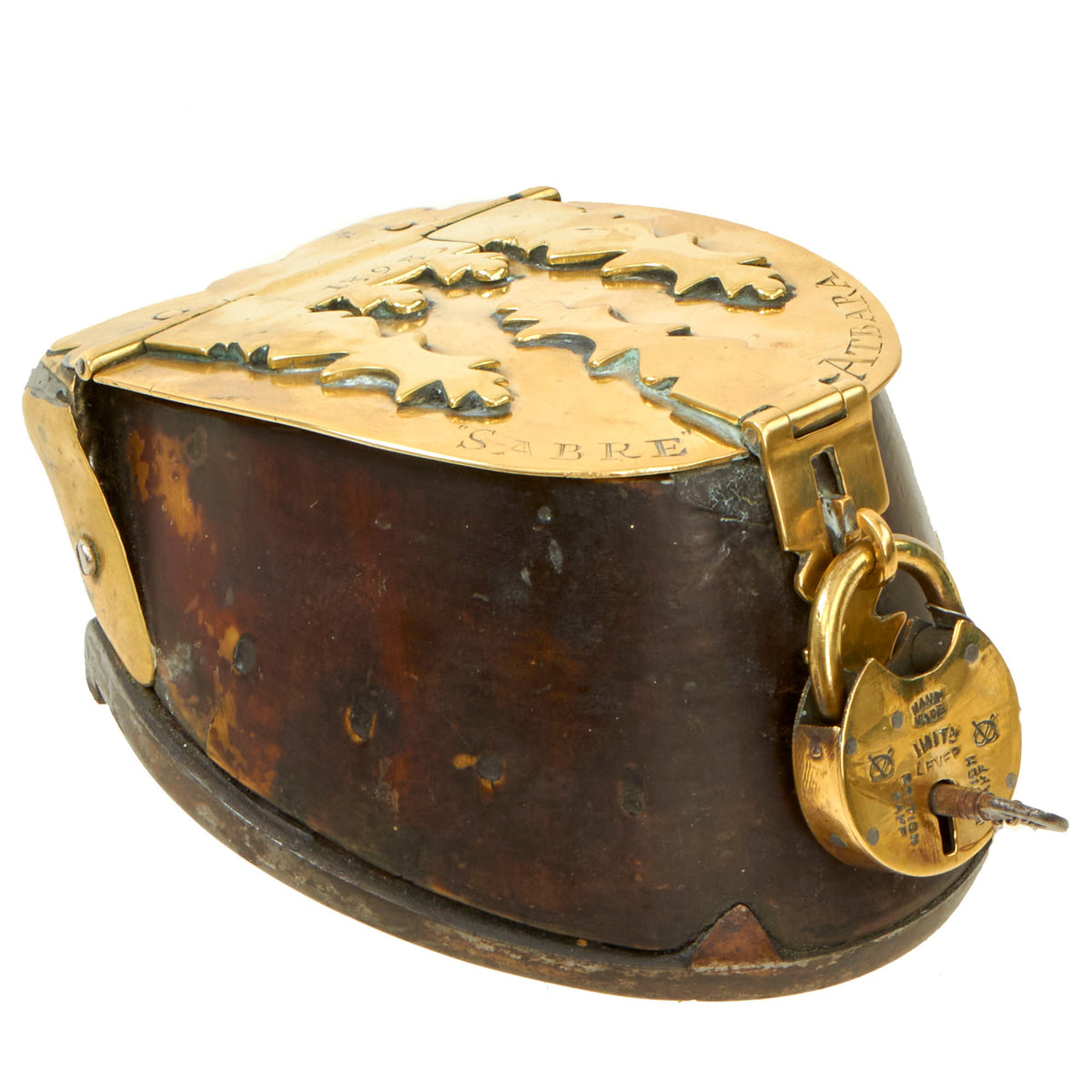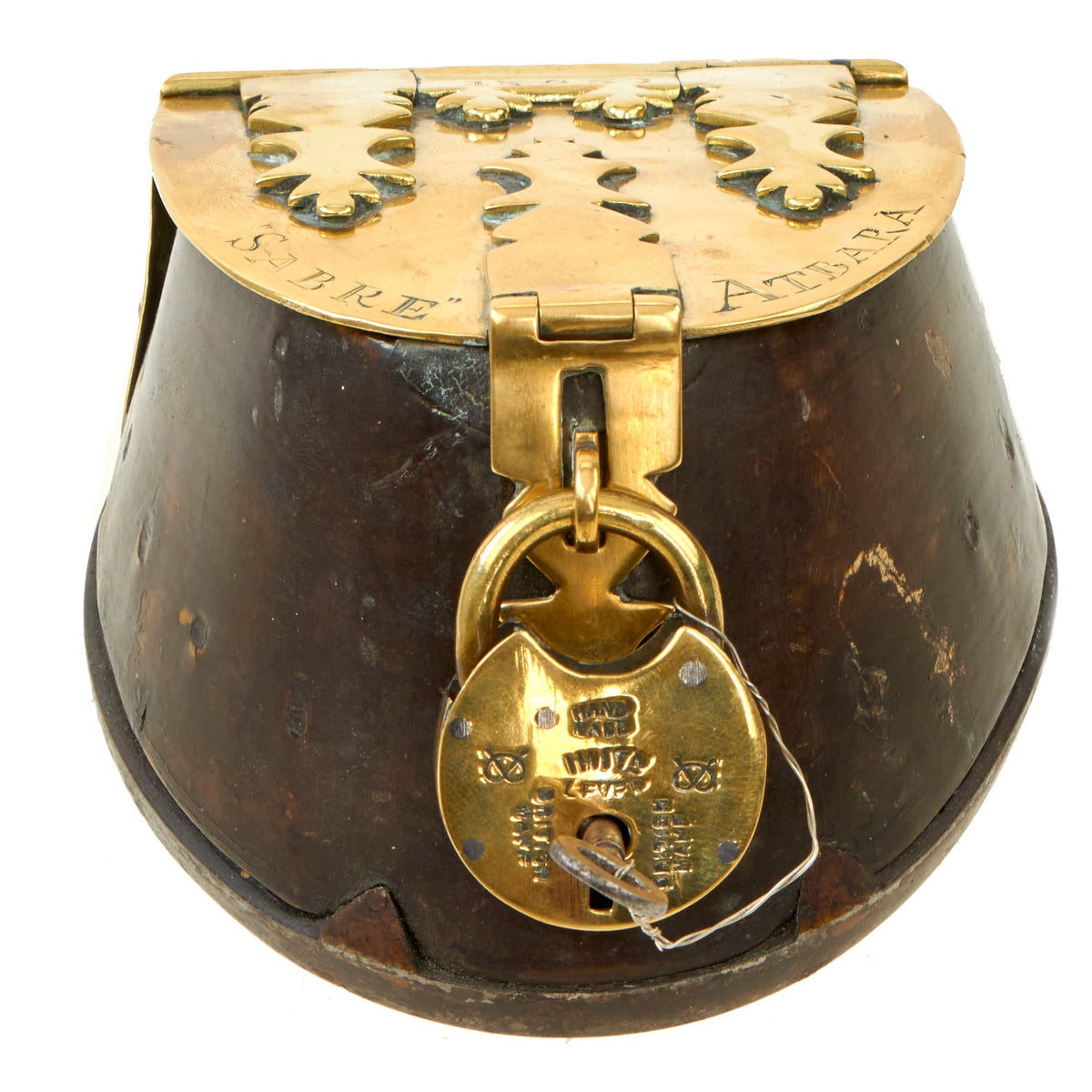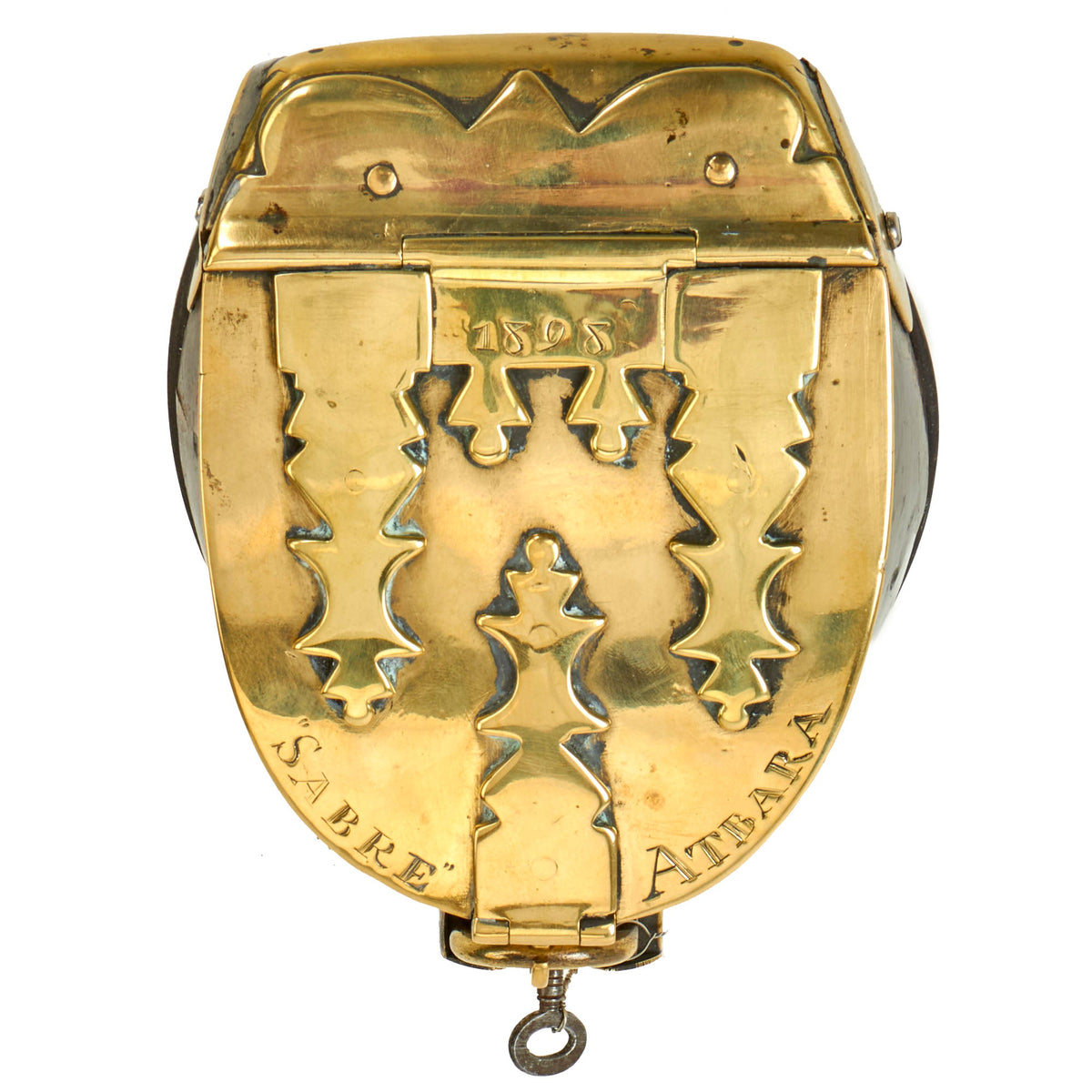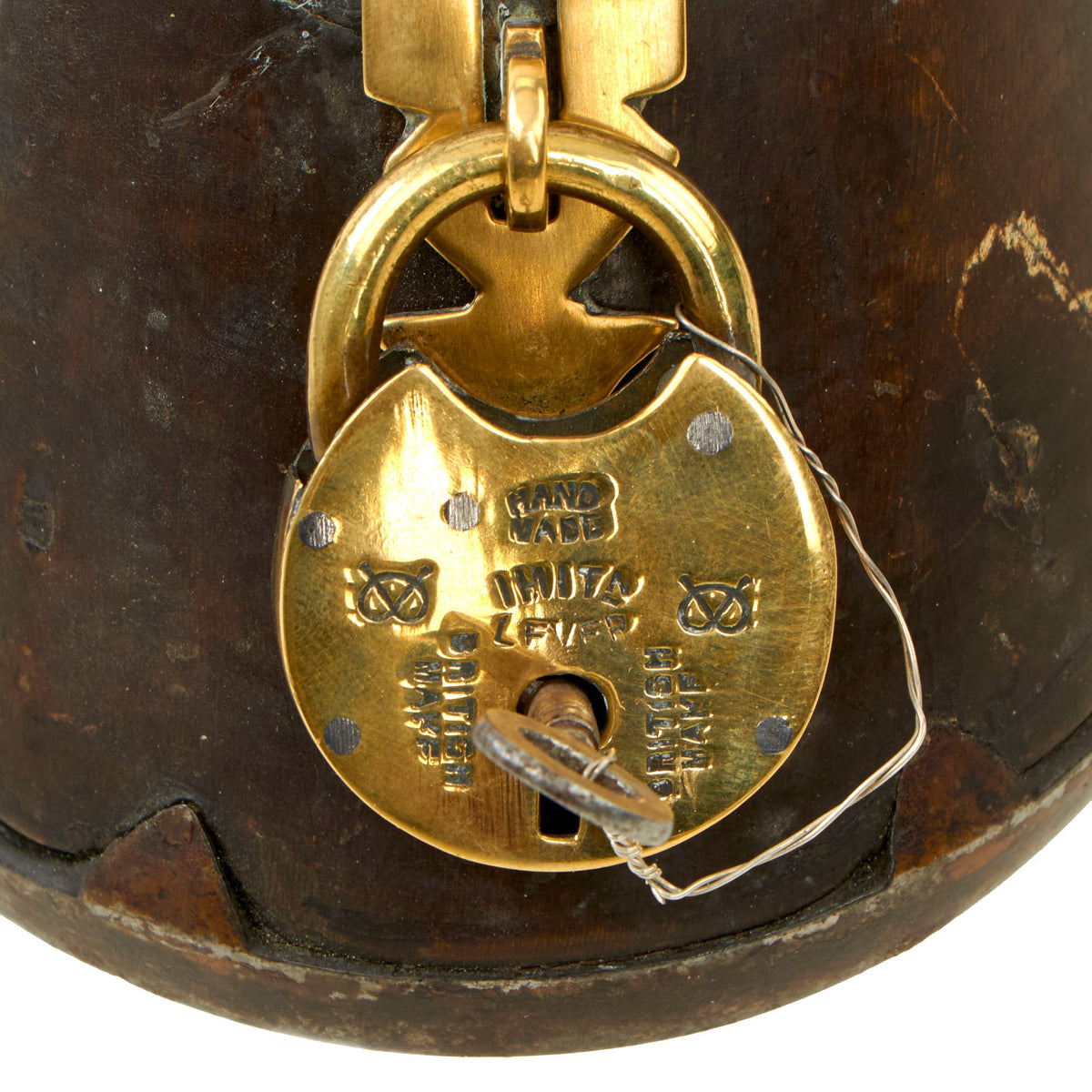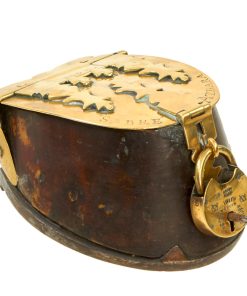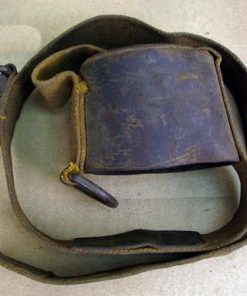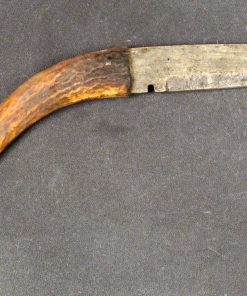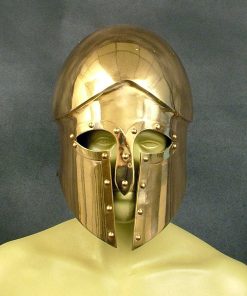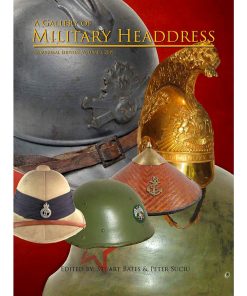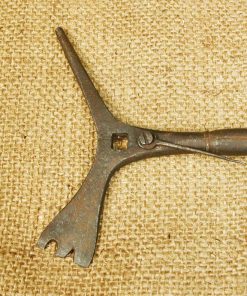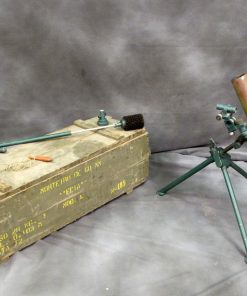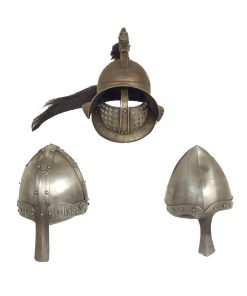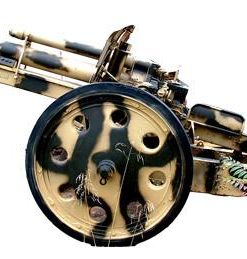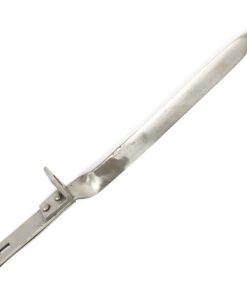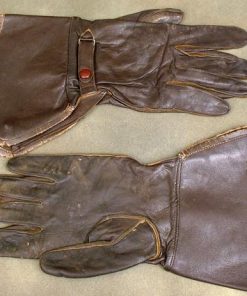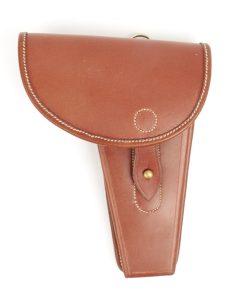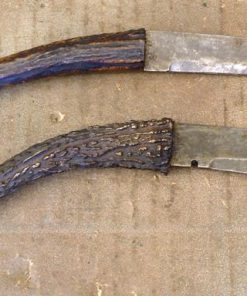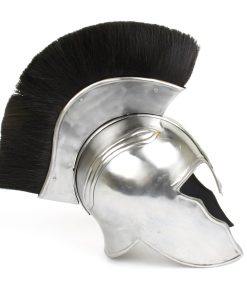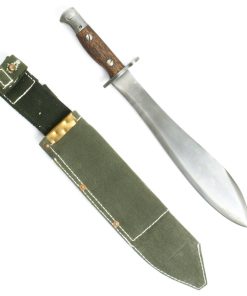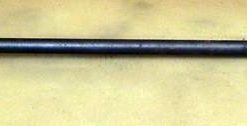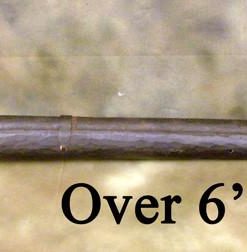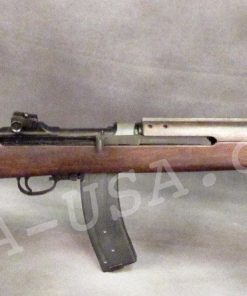Original British Victorian 1898 Dated Horse Hoof Brass Mounted Keepsake Box marked “SABRE” & ATBARA with Brass Padlock Original Items
$ 995,00 $ 248,75
Original Item: One of a Kind. Is it only Englishmen who care so much for their dogs and their horses? Here is a lovely Victorian Officer’s Military keepsake box made out of his horse’s hoof. It is clearly engraved on the top :-
1898
“SABRE’ ATBARA
A fine Charger’s Fore Hoof, mounted in very nicely decorated brass mounts. The Battle of ATBARA took place on April 8th 1898 in which KITCHENER’s Anglo / Egyptian defeated the Mahdist Sudanese army led by AMIR MAHMUD AHMED giving the British a decided advantage in the following Battle of Omdurman on September 1898. It was very common for Officer’s to recover a hoof from a mount that had fallen in battle, which would be kept as a memento.
The top of the hoof has a hinged hatch to top opening to reveal the compartment inside, where important items would have been kept. It has a fold down tab at the front which secures around a matching loop, and even comes with a lovely brass BRITISH MAKE padlock, which is fully functional and still includes the original key. A great way to remember your cherished mount as well as keep some items safe on a Victorian Officer’s desk. The brass mountings are wonderfully matured, and the bottom of the hoof still has what we believe is he original iron horseshoe.
A lovely late Victorian collectible, ready to display!
The Battle of Atbara also known as the Battle of the Atbara River took place during the Mahdist War. Anglo-Egyptian forces defeated 15,000 Mahdists on the banks of the River Atbara. The battle proved to be the turning point in the reconquest of Sudan by the British and Egyptian coalition.
By 1898, the combined British and Egyptian army was advancing down the Nile into Sudan. The Sudanese Mahdist leader, the Khalifa Abdallahi ibn Muhammad ordered the Emir Mahmud Ahmad and his 10,000 strong army of western Sudan northward towards the junction of the Nile and the River Atbara to engage the British and Egyptian army led by Herbert Kitchener.
Encamping on the banks of the Atbara river by March 20, Mahmud, with Osman Digna’s group of Mahdist warriors were within 20 miles (32 km) of the British camp outpost at Fort Atbara at the confluence of the Atbara with the Nile. On April 4, after seeing that the Mahdists were unwilling to attack, Kitchener quietly advanced with the British and Egyptian army towards the Mahdist fortified camp just outside the town of Nakheila.
The Anglo-Egyptian attack began at 06:20 on 8 April 1898. Three brigades, the British Brigade led by William Gatacre, and two Brigades of the Egyptian Division led by Archibald Hunter, led the attack. After a brief artillery bombardment of the Mahdist camp, the combined British and Egyptian brigades attacked. Soon, the British and Egyptian troops were in the Mahdist camp, often fighting hand-to-hand with the Mahdist warriors. After 45 minutes, the battle was over as Osman Digna led a few thousand warriors on a retreat to the south, while most of the remainder were killed or captured, including Mahmud who was captured by loyal Sudanese troops of the Egyptian Brigade.
The battle was celebrated by the Scottish poet William McGonagall.
Fast Shipping with Professional Packaging
Thanks to our longstanding association with UPS FedEx DHL, and other major international carriers, we are able to provide a range of shipping options. Our warehouse staff is expertly trained and will wrap your products according to our exact and precise specifications. Prior to shipping, your goods will be thoroughly examined and securely secured. We ship to thousands clients each day across multiple countries. This shows how we're dedicated to be the largest retailer on the internet. Warehouses and distribution centres can be located throughout Europe as well as the USA.
Note: Orders with more than one item will be assigned a processing date depending on the item.
Before shipping before shipping, we'll conduct a thorough inspection of the items you have ordered. Today, the majority of orders will be delivered within 48 hours. The delivery time will be between 3-7 days.
Returns
The stock is dynamic and we cannot completely manage it because multiple stakeholders are involved, including our factory and warehouse. So the actual stock may alter at any time. It's possible that you may not receive your order once the order has been made.
Our policy is valid for a period of 30 days. If you don't receive the product within 30 days, we are not able to issue a refund or an exchange.
You can only return an item if it is unused and in the same state as the day you received it. You must have the item in its original packaging.
Related products
Uncategorized
Armoured Fighting Vehicles of the World: AFVs of World War One (Hardcover Book) New Made Items
Uncategorized
Uncategorized
Uncategorized
Uncategorized
Uncategorized
Uncategorized
Uncategorized
Uncategorized
Uncategorized
Uncategorized
Angolan Rebel 1970s era 60mm Inert Display Mortar from Angolan Civil War Original Items
Uncategorized
Band of Brothers ORIGINAL GERMAN WWII Le. F.H. 18 10.5cm ARTILLERY PIECE Original Items
Uncategorized
Uncategorized
Uncategorized
Uncategorized
